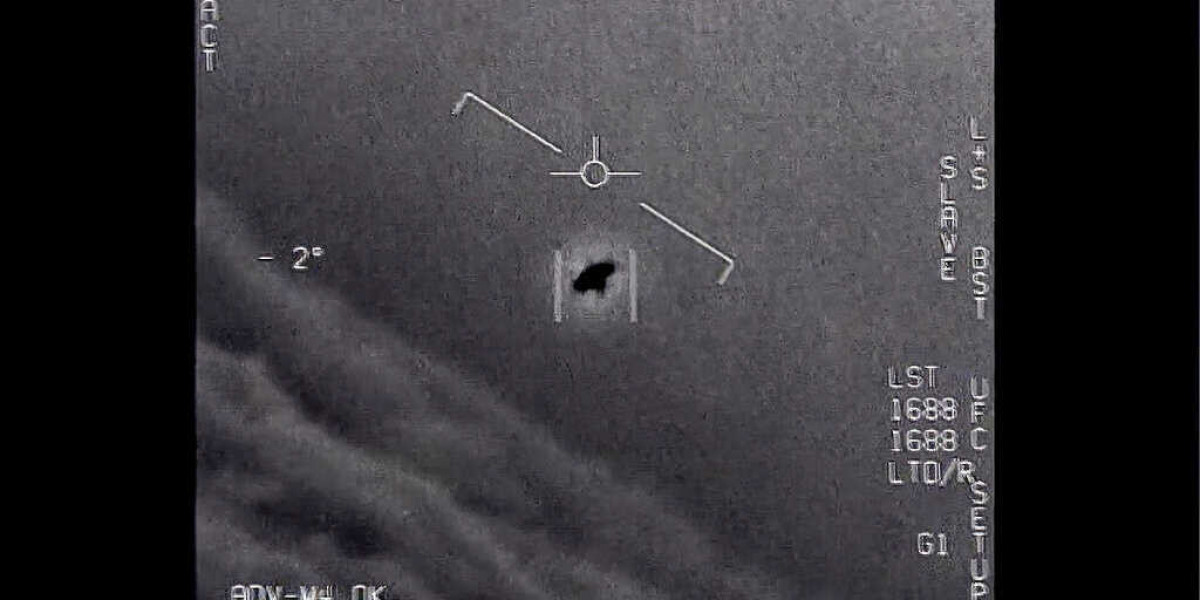Unidentified Flying Objects (UFOs) have captivated human imagination for decades, transcending the boundaries of science fictionand entering the realm of serious scientific inquiry. The cultural impact of UFOs is profound, influencing literature, film, art, and even scientific research. This article explores the evolution of UFOs in popular culture and their transition from mere fantasy to a subject of genuine scientific investigation.
The Birth of UFO Culture
The modern fascination with UFOs began in the mid-20th century, particularly after the infamous Roswell incident in 1947, where an alleged UFO crash in New Mexico sparked widespread speculation about extraterrestrial life. This event marked the beginning of a cultural phenomenon that would permeate various aspects of society. The term "flying saucer" entered the public lexicon, and the idea of alien visitation became a staple in popular culture, leading to a surge in UFO sightings and reports.
UFOs in Science Fiction
Science fiction literature and films played a significant role in shaping critical UFO events. Classic works such as H.G. Wells' "The War of the Worlds" and Arthur C. Clarke's "Childhood's End" introduced readers to the concept of extraterrestrial beings and their potential impact on Earth. The 1950s and 1960s saw a boom in UFO-themed films, with titles like "The Day the Earth Stood Still" and "Close Encounters of the Third Kind" captivating audiences and further embedding UFOs into the cultural consciousness. These narratives often reflected societal anxieties about technology, the Cold War, and the unknown, making UFOs a metaphor for humanity's fears and hopes.
The Rise of UFO Enthusiasts
As UFO sightings became more frequent, a dedicated community of enthusiasts emerged. Organizations like the Mutual UFO Network (MUFON) and the Center for the Study of Extraterrestrial Intelligence (CSETI) were established to investigate sightings and promote awareness of UFO phenomena. This grassroots movement contributed to the normalization of UFO discussions, transforming them from fringe topics into subjects worthy of serious consideration. The proliferation of UFO conventions and conferences further solidified the cultural significance of these phenomena, providing a platform for believers and skeptics alike to share their experiences and theories.
The Influence of Media
The media has played a crucial role in shaping public perception of UFOs. Sensationalist reporting often exaggerated sightings and fueled conspiracy theories, leading to a polarized view of the phenomenon. Documentaries, television shows, and podcasts have explored UFOs from various angles, ranging from investigative journalism to speculative fiction. Shows like "The X-Files" and "Ancient Aliens" have popularized the idea of government cover-ups and extraterrestrial involvement in human history, further embedding UFOs into the cultural narrative. This media portrayal has not only influenced public opinion but has also inspired a new generation of researchers and enthusiasts.
Scientific Inquiry into UFOs
In recent years, the scientific community has begun to take UFOs more seriously. The U.S. government's establishment of the Unidentified Aerial Phenomena (UAP) Task Force in 2020 marked a significant shift in the approach to UFOs. Researchers and scientists are now investigating sightings with a focus on data collection and analysis, seeking to understand the nature of these phenomena. This shift from skepticism to inquiry reflects a growing recognition that UFOs may hold valuable insights into advanced technology and the potential for extraterrestrial life.

The Intersection of Science and Culture
The cultural impact of UFOs extends beyond entertainment and inquiry; it also raises philosophical questions about humanity's place in the universe. The possibility of extraterrestrial life challenges traditional beliefs and encourages a reevaluation of our understanding of existence. As scientific inquiry into UFOs progresses, it may lead to groundbreaking discoveries that reshape our worldview. The intersection of science and culture in this context fosters a dialogue about the implications of contact with other civilizations and the ethical considerations that arise from such encounters.
Conclusion
The cultural impact of UFOs is a multifaceted phenomenon that has evolved from science fiction fantasies to serious scientific inquiry. As society continues to grapple with the implications of UFO sightings and the possibility of extraterrestrial life, the dialogue surrounding these topics will likely persist. The journey from the imaginative realms of literature and film to the rigorous scrutiny of scientific investigation reflects humanity's enduring curiosity about the unknown. Whether as symbols of hope, fear, or the quest for knowledge, UFOs will remain a significant part of our cultural landscape for years to come.










